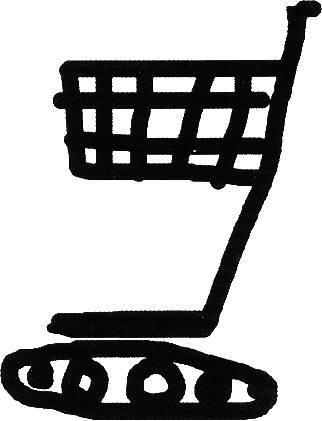April 2008
Water Table
Articles on the New York Times website do not generally retain graphics and photos used in the print edition, particularly among older articles. So for a presentation on information design for advocacy, I went offline and dug up that graphic mentioned here. You know, the one that persuaded Bill Gates to shift his philanthropic strategy from cheap computers to public health? The graphic that “saved more lives in Africa and Asia than any other in history”?
Here’s the text of the 1997 article associated with the graphic, For Third World, Water Is Still a Deadly Drink.
And a view of the graphic within the context of the page:

And finally, the graphic itself:

After such an awe-inspiring setup, it’s remarkable to me just how unremarkable the graphic actually is. Particularly compared to many of the examples I used in my little pamphlet on information design, there’s nothing really visually compelling or innovative about this one. But perhaps that’s part of its impact: just a clear, concise table calling out key data. The graphic gets out of the way of the information. And while the numbers themselves are stark, I think its power also comes from its context within the brutality described in the narrative — and that for the most part, clean water and sanitation are not problems we don’t know how to solve.
The King Never Smiles
 Excerpt on photography and nationalism in Thailand, from The King Never Smiles: A Biography of Thalians’s Bhumobol Adulyadej by Paul M. Handley:
Excerpt on photography and nationalism in Thailand, from The King Never Smiles: A Biography of Thalians’s Bhumobol Adulyadej by Paul M. Handley:
“At each juncture his power and influence increased, rooted in his silent charisma and prestige. Thais, who believe it is their land’s fortune, their karma, to be blessed with such a king, saw a man who worked tirelessly for them without reward or pleasure. His sacrifice was readily visible: while Thais are known for their gracious smiles and bawdy humor, and a what-will-be fatalism, King Bhumibol alone is serious, gray, and almost tormented by the weighty matters of his realm. Ever since the day his brother mysteriously died [in 1946, when Bhumibol ascended to the throne], he seemed never to be seen smiling, instead displaying an apparent penitential pleasurelessness in the trappings and burdens of the throne.
For Thais, this was a sign of his spiritual greatness. In Buddhist culture, either a smile or a frown would indicate attachment to worldly pleasures or desires. Bhumibol’s public visage was unfailingly one of kindly benevolence and impassivity. In his equanimity he resembled the greatest kings of the past, the dhammarajas of the 13th-century Sukhothai kingdom who were called Chao Phaendin, Lord of the Land, and Chao Cheevit, Lord of Life. Increasingly many Thais compared his noble sacrifice to the Buddha’s own.”
Photo from a 2006 subway mural in Bangkok, part of the King‘s 60th anniversary celebrations.
Pedestrians have been ignored by urban planners who come up with fancy mega road projects that never include a decent pavement where people can walk freely and safely.… The organisation demands that pedestrians be provided a six-foot-wide walkway along the middle of the roads.”
Blogging for Office
I’ve heard of candidates keeping blogs, but I think this is a first. From the Hindustan Times:
“Malaysia’s political landscape was hit hard from cyberspace last week when a blogger entered Parliament after winning in elections that saw the ruling coalition lose its two-thirds majority in the House. In a country where the mainstream media largely supported the government, Jeff Ooi — a former advertising copywriter — used his political blog to win a seat on an Opposition ticket. He was not the only blogger in the fray.
Elizabeth Wong, a social activist and blogger, won a state assembly election....
Technology destroyed the powerful hold that Abdullah’s Barisan Nasional had over Malaysia, where sex scandals and videos of ministers frolicking with their girlfriends have been posted on YouTube, much to their embarrassment.”
Torch Relay
Democracy Now, April 10, 2008:
Amy Goodman: I was shocked in reading last night the history of the Olympic torch relay — you know, the torch itself going back to ancient Greece — but the relay to be Nazi Olympics, 1936.
Minky Worden: There’s a wonderful book, a new academic book called Nazi Games, which gives a concise history of this. But the torch relay itself is essentially a PR invention of the Nazi era. And the point of it was to run the torch through parts of Europe that Germany that the Nazis hoped to take over, including the Sudetenland.
War

By Polish poster designer Paweł Synowiec. I found this on Flickr while searching for something else. It stopped me cold.

